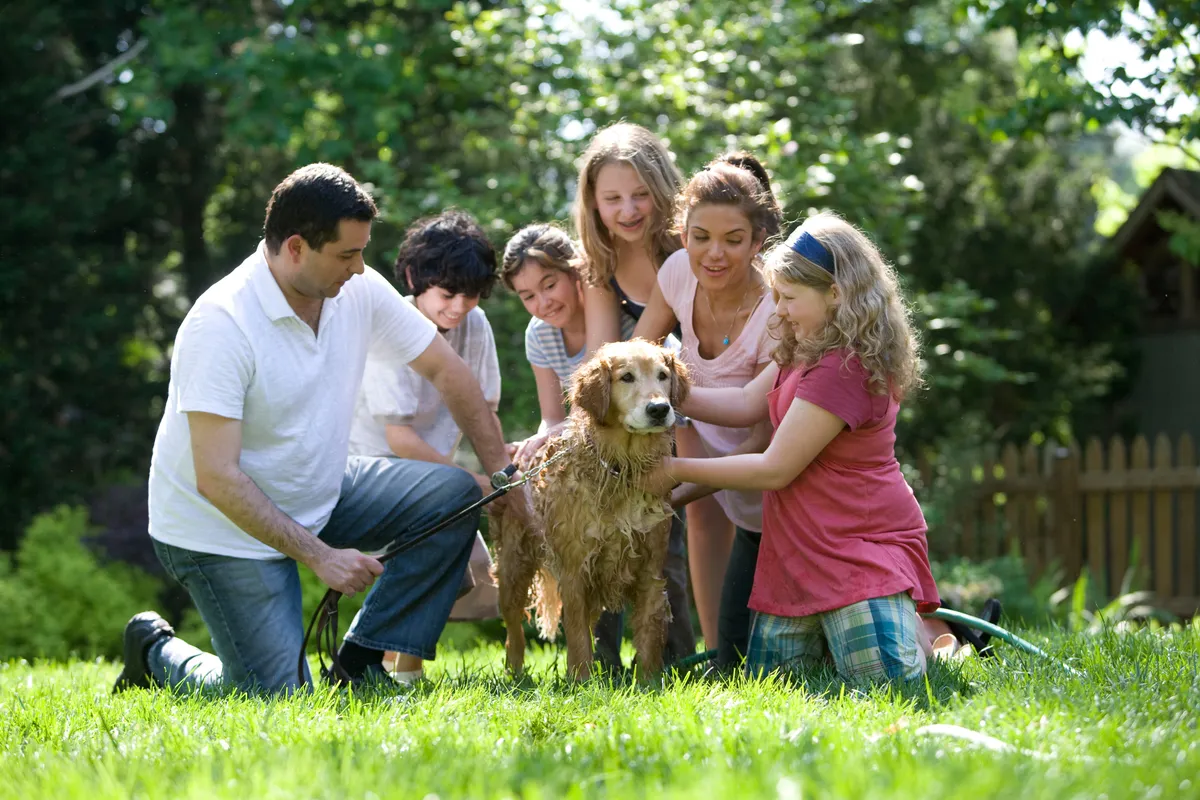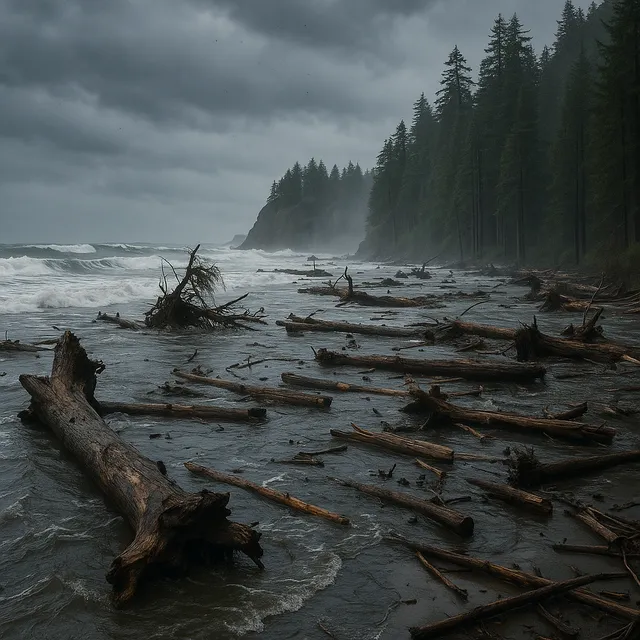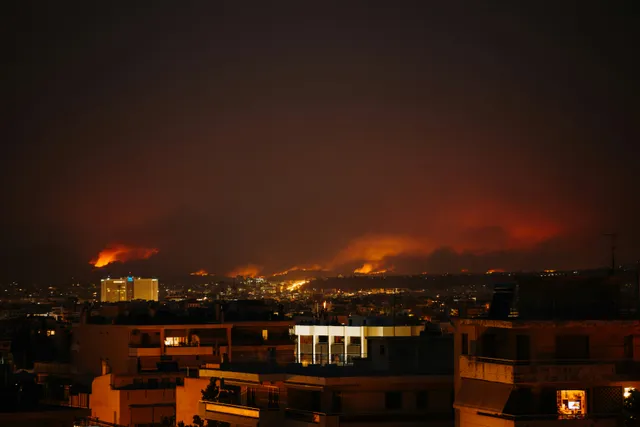Wendy Bohon, PhD, is an earthquake geologist and hazards communication expert. She has spent over a decade educating about earthquakes and talking about hazards, disasters, perceptions of risk and much more. She shared her family's disaster plans with us recently. Here are edited excerpts from our conversation.
Where do you live and how big is your family?
We live in Maryland, and our family consists of five people - my husband, myself, my daughter, and our twin boys. In addition to our human family members, we also have a dog, three cats, a lizard, a fish, and two snails. I also like to claim the groundhog that lives in our backyard as part of our family!
How do you prepare for disasters?
Since I live in Maryland, the biggest concern is hurricanes. And occasional snowstorms. To prepare for emergencies, I have extra food, water, pet food, medications, batteries, and flashlights set aside. We also keep a pair of shoes near our beds in case we need to run out quickly. My kids know what to do during earthquakes thanks to my constant talking about it. Recently, a military cargo plane flew really low over our house and shook the whole house. Both my kids quickly got under the table, which made me proud of them. Although my kids are still little, I realize that I need to talk to them about what to do if we're separated during an emergency, such as if they're at school and I'm at work, and the phone lines are down. Overall, I feel prepared for any emergency that might happen in our area.
How do you prepare for emergencies with your neurodivergent child?
We talk a lot with my son about expectations. And we're lucky he goes to school with people that he trusts. He loves his teachers and so he understands that sometimes things happen that are unexpected. We talk a lot to him about extremes of things. For example, we may say - a hurricane is coming and hurricanes can be dangerous. But you know we live in a strong house. And remember we cut those trees down that were next to the house because they could have fallen on our house. So now that danger is gone. And we don't have to worry about it. What other dangers might there be? Well, the glass could break. Other things could happen but how can we prepare for them.
So we engage him in the process of getting ready for disasters. To give him a sense of control over the situation, a sense of agency and possible boundaries on what's most likely? Could our house be blown away in a hurricane? Maybe. Most likely no. So trying to dial down the fear with a little bit of reality. Will it be really loud and maybe a little bit scary? Yes. So setting expectations I think is the biggest thing.
How often do you communicate about disaster readiness with your children?
We try to make the conversations and preparations as engaging and interactive as possible. For example, before traveling to California to visit family, we talk about earthquakes and practice drills together. We also involve the children in the preparations for hurricane season, such as asking them to check how much food and water we have set aside. We understand that teenagers may not always want to participate, but we try to make the conversations and preparations as positive and productive as possible.
How do you plan for disasters that may occur when your daughter is at school?
Where we live now there aren't as many hazards that come unexpectedly. So if it's a snowstorm or hurricane we have time to think about that. We do have tornadoes where I live and a few times we have been cut off from getting to her school because of down trees down. And we live in a small community and the school is not very far away. It's easier to get to them. So much of this is personal about where your kids are, how far away you are, how quickly you could get to them.
My daughter is very competent and very aware. We let her know before hand that if a hazard is going to happen, she has places where she can go. There are people that she can be with to stay safe. We let her know how she can be supported by her community when she's away from her family.
How do you think about evacuation with all the pets that you have?
I've actually thought a lot about since we had a tornado pass over the house about six months ago. How will we wrangle all the cats into the basement? How do we make sure that the big dog, who's afraid of the hardwood stairs, get to the basement? So we have multiple carriers for the cats because we're not putting two cats in one. That would be immediate death of at least one of them! But the fish and the lizard are on their own. I'm sad to say the furry pets are the ones that are getting priority. We do have extra medication for them. We have extra food for them and we do have their their carriers and their like go boxes ready. So just in case there's a reason or if we have to leave the house. We are prepared to take everybody with us. Sorry churro and glowy - you don't get to go.




